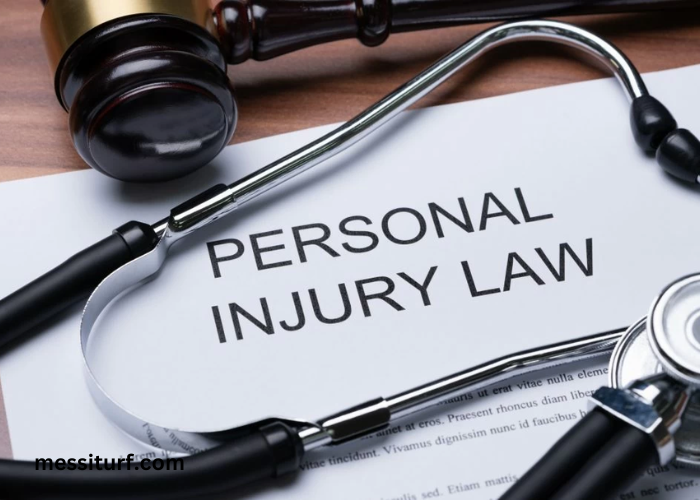Personal injury can be a traumatic experience for victims, and it can also lead to certain life-altering instances. There are various forms of personal injury which can lead to serious injuries. It is important to understand the basics of personal injury laws so that the victims can file their claims and recover their compensation.
In this article, we will discuss a comprehensive guide about how personal injury laws work and how we can get help from attorneys. If you are living in Bridgeport, you can contact a Bridgeport Law Firm for a better understanding of the law.
What is Personal Injury?
Personal injury law is a branch of civil law that deals with cases that involve physical, emotional or psychological harm that is caused due to negligence of a third party. The main aim of the personal injury law is to provide room for victims to claim compensation for their losses.
What are Common Types of Personal Injury Cases?
There are various types of personal injury, which range from car accidents to dog bites. Let’s understand what are common types of personal injury cases.
- Car accidents due to negligence such as speeding, drunk driving, distracted driving and other causes.
- Medical malpractice by healthcare officials leads to severe injuries to patients.
- Slip and fall accidents which is another negligence of stores or hotels which leads to fall for the victim. There can be wet floors, uneven surfaces, debris or other thing which leads to slip and fall for the victim.
- Product liability is when there is a defective product which harms the consumer. So, the consumer can file cases against the manufacturer or the seller.
- Workplace accidents are also one of the common personal injury cases in which the workers face injury due to negligence by the company.
- Dog bites are also considered as the personal injury cause in which the damages are liable to the owners.
What is the Legal Process of Personal Injury Cases?
- Consultation with the attorney is the first step in personal injury cases.
- Investigation in the case is an important step because in this, there will be evidence gathering, and attorneys will also take witness testimonies.
- Filing a complaint or petition would be the next step in which the victim has to file a case for compensation.
- In the next phase, there will be discovery or gathering of other evidence with the help of your attorney.
- Negotiation and settlement is the next step between the two parties. However, if there is no negotiation between them, then there will be trials in the court.
- Trials are the next step, where both parties reach the court for their settlement.
- If any of the parties is not satisfied with the judgement of the court, then they can appeal to the higher courts.




